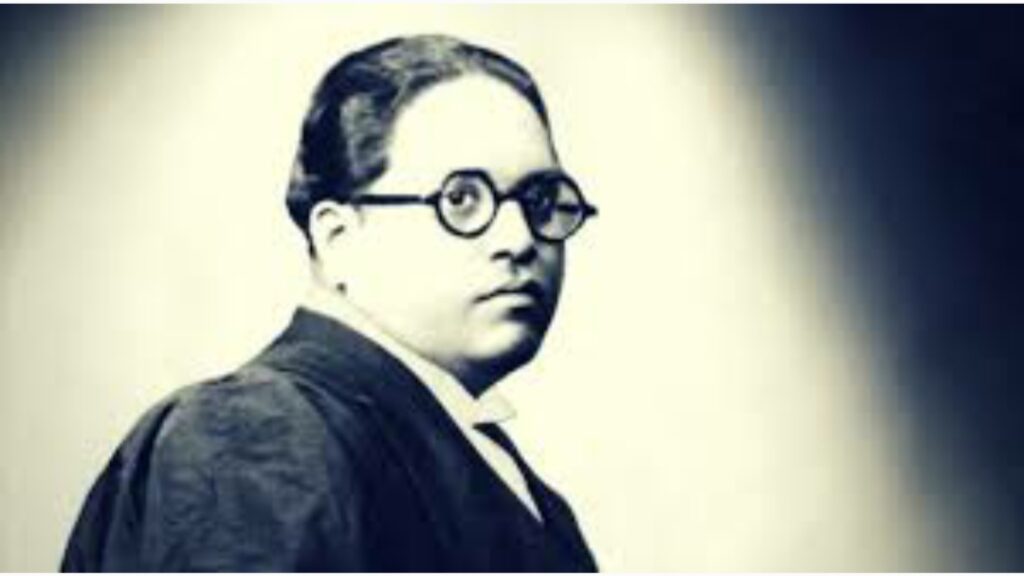
Ambedkar Neo-Buddhist movement had certain resemblances to other contemporary religions of the oppressed; new prophetic or liberation movements whether among the primitives or higher religions.
The common theme of the ‘religion of the oppressed’ is ‘the fact that the striving for religious renewal; and liberation arises from the rebellion of the masses against the existing official cults imposed by a ruling caste’.
T.S. Wilkinson and M.M. Thomas, after having deep research on the understanding of ‘Religion’ and ‘Buddhism’ among India’s new Buddhists, wrote: ‘The study has given conclusive evidence that the Neo-Buddhist concept of Buddhism is primarily that of Religion of the liberation of the oppressed in society.
Teachings of Ambedkar
Liberty means to protect the best equality to protect the weak; fraternity to safeguard the growth of individual’.
Ambedkar’s followers repeat these passages again and again; Buddha ushered a new era of Liberty, Equality, and Fraternity. His teachings of self-salvation (attaracarano Ananta Sarno) opened the eyes of many.
It is welknown that the only way to destroy caste and to be free from that is discarding the orthodox and irrelevant tenets of the Hindu philosophy of touch-me-not-ism. By knowing this, Ambedkar took refuge in Lord Buddha and accepted Buddhist way of life which is based on liberty, equality and fraternity.
Buddhism, the so-called scientific and universal religion, for Ambedkar; can be considered as elevating a person to the highest position and opposing the graded social inequalities. Many people adopted Bdsm due to their faith in Dr.Bhimrao Ramji Ambedkar.
One Buddhist in Poona said, ‘I got thinking about economic and social betterment and then I just followed Ambedkar to Buddhism’. Another convert said, ‘We became Buddhists because Ambedkar told us to’.
Background, Education, Employment and Problem of Ambedkar
B.R. Ambedkar was born on 14th April 1893 in the Mahar caste; to be the 14th son of his father. Mahar was one of outcastes in Maharashtra. Although his father was a minor officer in Indian Army; Ambedkar suffered a lot during his school days for being a Mahar; because teachers and his student mates didn’t touch him. He could not take part in students’ activities with caste Hindu students.
Being fortunately helped by Maharaja of Baroda, Sayaji Rao; Ambedkar could finish matriculation from Elphinstone High School in 1907. He took his degree from Columbia University, studies economics in England; and qualified himself as a barrister.
When he returned to India Sayaji gave him employment. But his Mahar identity became a hindrance for his service as a barrister. So he left Baroda and went to Bombay, but faced the same problem because his fellow advocates could not welcome him.
Search and Attempt for Liberation
His painful experience of being untouchable gave him a strong rejection of caste-dominated Hinduism. During his study period, he read Kelukar’s Life of Gautama Buddha and Narasu’s Essence of Buddhism which converted him into a Buddhist in the heart.
His employment problem due to his untouchable identity pressed him to find out that Hinduism is based on social inequality.